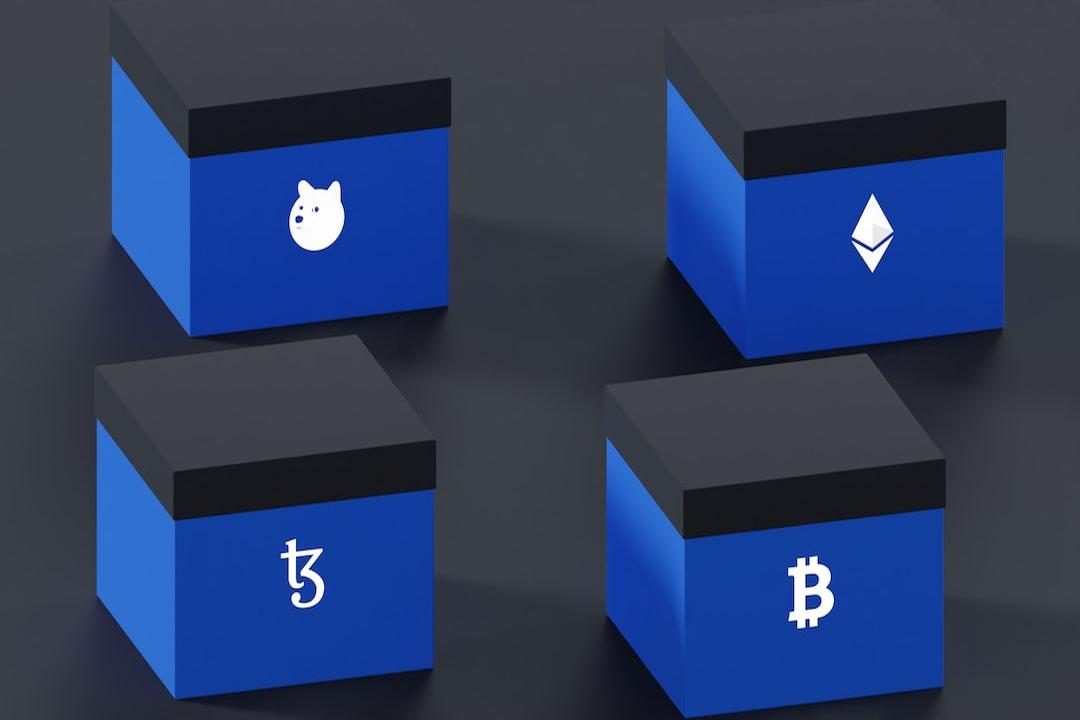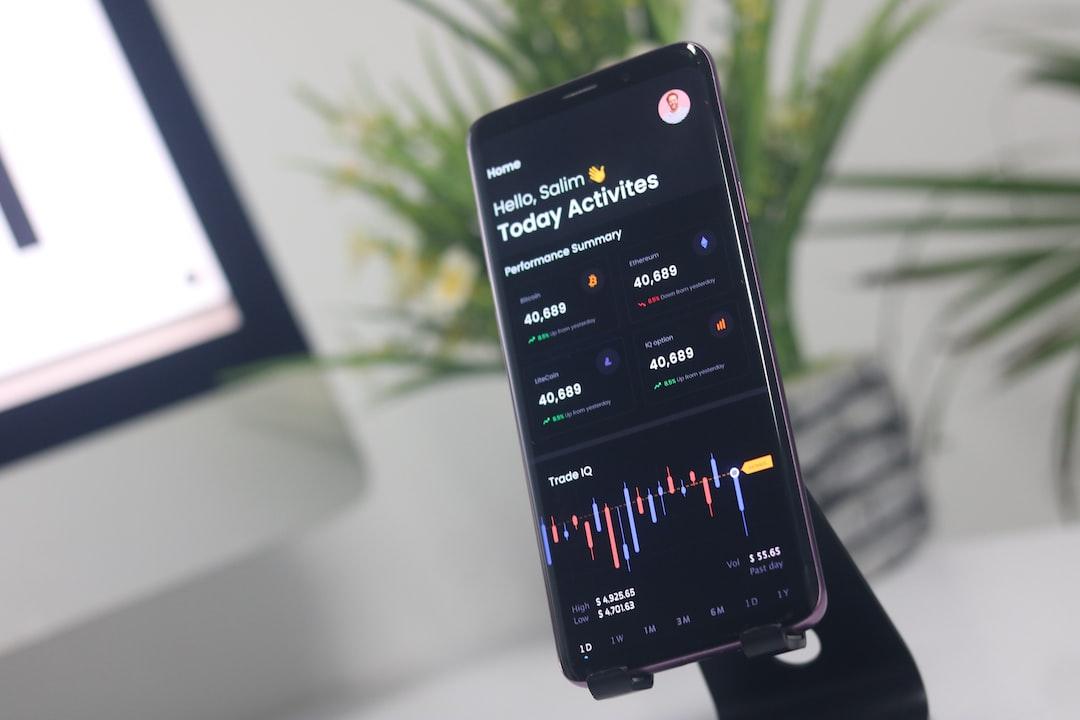ChainArgos, a data analytics company specializing in blockchain analysis, has accused Polygon of suspicious token flows that do not align with its publicly declared token distribution plan.
Firstly, ChainArgos identified the token unlocking plan released by Polygon, and created a table based on time, quantity (total unlocked balance as of the current day), and category.


Subsequently, ChainArgos used on-chain transaction data to identify Polygon’s “token lock contract” and “foundation-controlled contract address” on the blockchain. The chart below, created by ChainArgos based on the outflow data from the token lock contract, shows dates and patterns that are completely different from Polygon’s promised unlocking plan.


On the other hand, ChainArgos also conducted further analysis of the foundation-controlled contract address. The largest quantity of 1.9 billion MATIC tokens is attributed to the Binance Launchpad allocation, which is not problematic. However, there is an abnormal token flow attributed to “staking” shares.


ChainArgos discovered that since the deployment of the staking contract in June 2020, the amount of MATIC tokens flowing into the contract increased from 0 to 800 million tokens. However, according to the initial official release plan, it should have increased from 400 million to 1.2 billion tokens. In other words, 400 million MATIC tokens have inexplicably disappeared.


Further investigation revealed that these 400 million missing MATIC tokens were actually sent to an on-chain address labeled as “Binance 33.” Subsequently, Binance 33 transferred 300 million MATIC tokens to an address starting with 0x2f4. It is worth noting that this 0x2f4 address also received 467 million MATIC tokens from the “Matic: Marketing & Ecosystem” wallet address, and ultimately, all these MATIC tokens flowed to the Binance exchange, most likely for sale.


These transactions primarily occurred between 2021 and 2023. Based on the market value during this period, the total value of 767 million MATIC tokens amounts to approximately 1 billion US dollars.


By presenting this evidence, ChainArgos suggests that the Polygon team did not distribute tokens as promised and may have collaborated with Binance in secretly selling MATIC tokens, thereby profiting at the expense of investors. At the time of transcribing this article, Polygon has not responded to ChainArgos’ accusations.

